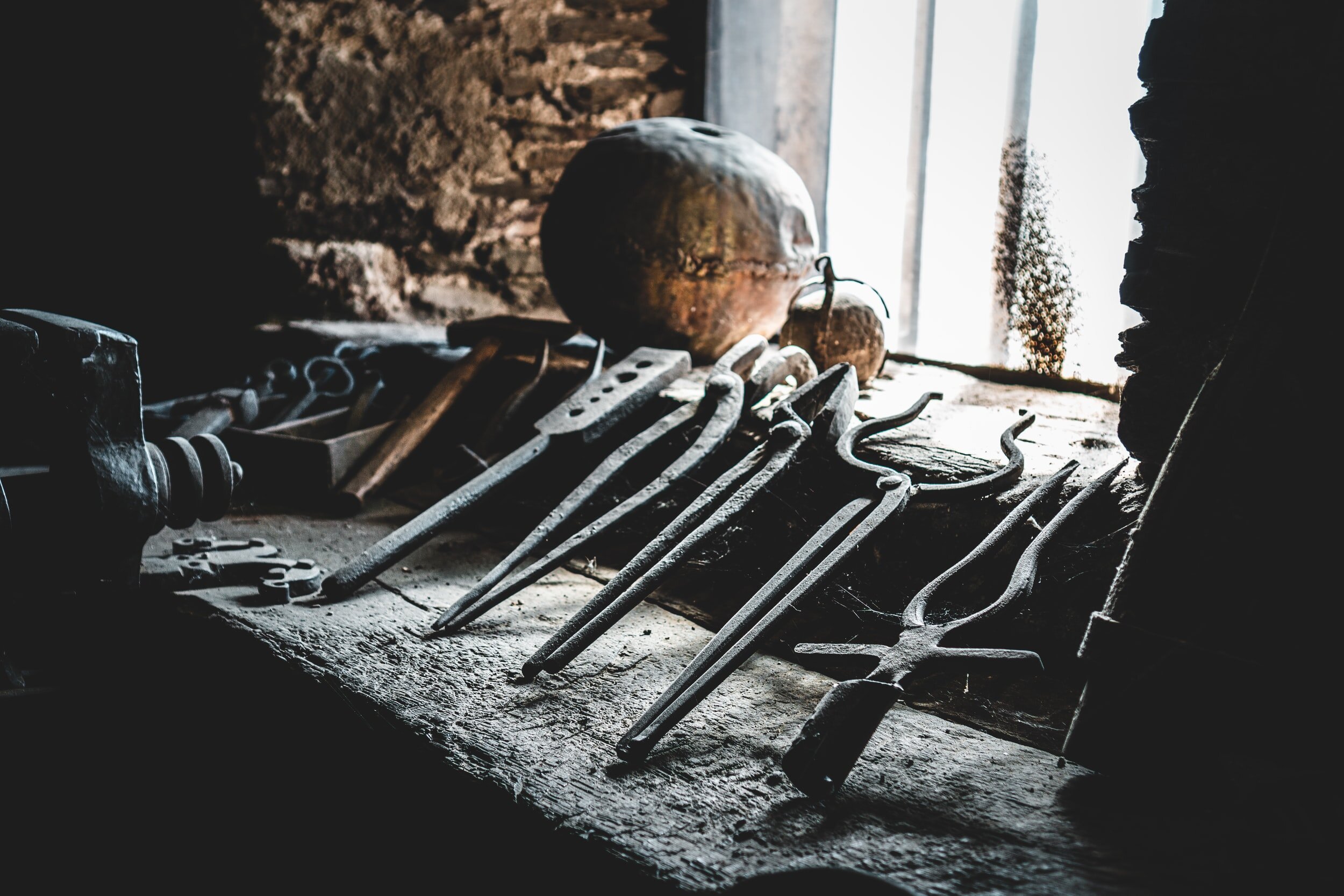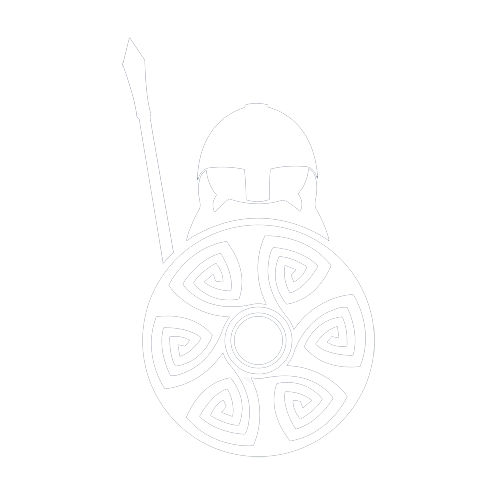
Medieval Life
Medieval life, it’s safe to say, was very different to today. Life was difficult for the majority, and even the nobles and the king could become fatally ill, or be ousted from their position. With violence, famine, hard graft and war a common occurrence, medieval life was often short.
The Origin of English Days of the Week
The origin of the days of the week in English, are rather different to our neighbours in Europe. The all-conquering Romans chose to adopt celestial bodies to name the days of the week, which aligned with the Gods they worshipped. They believed there were seven planets, including the Sun and the Moon, and aligned each day of the week to them.
The Anglo-Saxons: Fighters, Farmers and Settlers
The Anglo-Saxons were not called Anglo-Saxons when they first arrived in Britain by force in 449 AD. These skilled warriors were farmers from foreign lands, much like the Vikings were 340 years later. Some were already living in Britain, during the Roman occupation of Britannia (43 - 410 AD) as subjects of Rome.
Viking Ships
Viking ships strike a powerful image of the battle-hardened, invading Norsemen of Scandinavia. With their low sides, tall bow and stern, their silhouette on the water was something to be feared. Viking ships were incredibly well designed for the time, with their wide low hull, they could sail in shallow rivers at high speed. They were also excellent at navigating the high seas too, with huge sails to propel them to foreign lands. These longships, or dragonships as the English called them, were well ahead of their time.
Uhtred of Bebbanburg - A Fictional Character?
Uhtred of Bebbanburg is a son of the Saxon Ealdorman Uhtred, Lord of Bebbanburg, and was born in Northumbria. He lived during the era of Alfred the Great in the late 9th century, when Britain was divided between warring kingdoms, each one ruled by it's own king. The Danes had already landed, conquering large parts of Britain. As a child, Uhtred learned that the Danes, and the kingdoms of Scotland, Mercia, East Anglia and Wessex were his enemy, and the enemy of his kingdom.
What is Feudalism in the Middle Ages
Feudalism in the middle ages was a strict hierarchical system, based on land being exchanged for military service, and allegiance to the king under oath. Medieval Feudalism began first in France around the 9th century. However, before the middle ages, Feudalism in Europe was being used by the Romans to a certain extent.
What is Samhain? Discover the History of Halloween
The History of Halloween goes back as far as the 8th century for Christians. Pope Gregory III chose the 1st November as a day to honour all the saints (hallows) and martyrs, who did not have a specific day of their own. This would therefore be known as All Saints Day. The night before All Saints Day was known as All Hallows’ Eve. Over the years, All Hallow's Eve eventually merged from tongue to tongue into Halloween, or correctly Hallowe'en.
Medieval Life and Times - Daily Life
It is well documented that Medieval life and times for most people of that era was hard. Back-breaking work during the days, cold and uncomfortable sleep during the night. Life was difficult.








